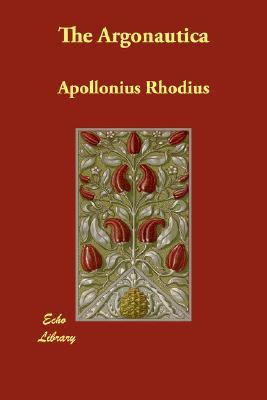BOOK II
byBook II begins as the Argonauts finally reach the shores of Colchis, a land both revered and feared for the trials that await. Their ship is anchored with steady hands, and the crew, driven by purpose, steps onto the fabled soil. Here, Jason’s destiny unfolds, for this is where he must tame fire-breathing bulls and plow the cursed field of Ares. Beyond the trials stands a grove sacred to the god of war, sheltering the Golden Fleece—an object of beauty and power, guarded by an ever-watchful dragon. The stakes are set by King Aeetes, who masks hostility behind ancient traditions and impossible tasks. Every step on Colchian ground feels weighted, as if the land itself knows what will come. The promise of victory is shrouded in fire and steel, and only through divine intervention and cunning might survival be possible.
The goddess Hera, whose influence quietly shapes the course of events, arranges for Jason to meet Medea, daughter of Aeetes. With her skills in enchantment and herbs, Medea becomes more than an ally—she becomes the force that tips fate in Jason’s favor. Her magic shields Jason as he faces the impossible: yoking bulls that breathe fire and sowing dragon’s teeth that sprout armed warriors from the earth. Each trial tests his strength and composure, but none could be passed without Medea’s guidance. The blend of mortal valor and divine support highlights the story’s central theme: heroism is never a solitary endeavor. Jason’s success is not achieved through force alone but through compassion, trust, and the courage to accept help. In this way, the story underscores a timeless truth—greatness is achieved not in isolation but through connection.
Medea’s loyalty to Jason becomes clearer when she chooses to betray her homeland, using her magic to lull the dragon guarding the Golden Fleece. Her decision is not made lightly; it is a blend of love, hope, and the quiet desperation of someone seeking a new path. As the dragon sleeps, Jason seizes the fleece—not with violence, but through patience and precision. The theft signals more than a triumph; it marks the beginning of a dangerous return, as Aeetes learns of his daughter’s betrayal. Pursued by Colchian forces, the Argonauts flee into the unknown, their unity now reinforced by shared secrets and stolen treasures. Every move is shaped by urgency, and each challenge ahead threatens not just their lives, but the fragile trust that binds them. As they row away, the fleece in hand, their fate is permanently altered.
The journey home is anything but restful. It is marked by sacrifices, godly disputes, and moments where mortality feels too fragile to carry such a prize. Losses are felt—some heroic, some tragic—and each event adds to the myth’s emotional depth. Their passage is often guided, sometimes hindered, by divine will, reminding them that they sail not alone, but within the gaze of powerful beings. Storms test the ship’s strength, just as trials test their souls. The bond among the Argonauts deepens, forged not in celebration, but in survival. Though marked by triumph, their return carries the shadows of what they’ve endured.
What resonates through this part of the tale is not just the outcome, but the process. Jason may have claimed the fleece, but it is the combined strength of every member—from the oarsman to the enchantress—that secured the victory. Their story becomes a reflection of ancient values, where bravery and cleverness are equally revered. The myth also explores the cost of ambition and the moral weight of decisions taken in pursuit of glory. Medea’s sacrifice, in particular, adds a bittersweet layer to their escape, as her love reshapes the lives of everyone aboard. She is both savior and exile, and her presence lingers as a reminder that every gain has its price.
For modern readers, Book II offers more than just fantasy—it explores the psychology of risk, loyalty, and ambition. The dynamics between Jason and Medea reflect deeper truths about trust and betrayal. Her role in their success is undeniable, yet her fate is uncertain, showing that not all contributions are equally rewarded. These ancient stories reveal how myths were once a mirror for human struggle, reflecting fears and dreams in equal measure. As the Argo sails onward, it carries not just the fleece but the lessons learned in fire, loyalty, and the ever-changing favor of the gods. Their legend lives on—not because of one act, but because every choice carved a path into memory.


